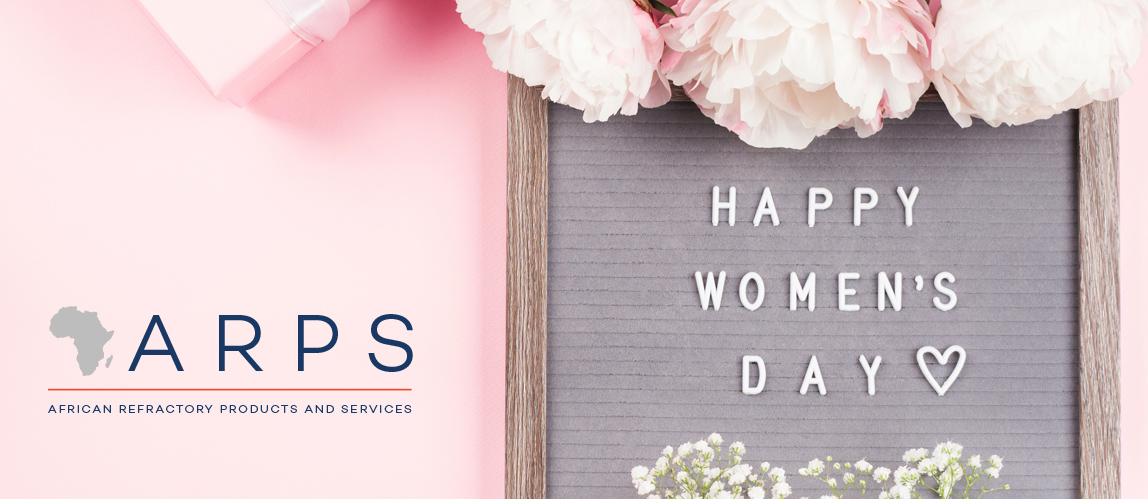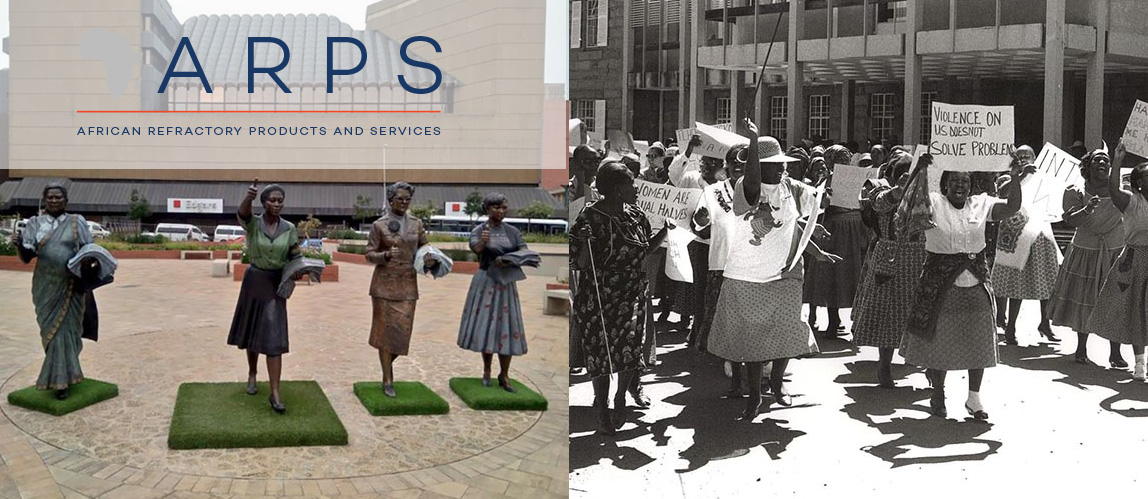

NATIONAL WOMEN'S DAY
In South Africa, August is Women’s Month - and each year August 9th is celebrated as Women’s Day. Women's Day celebrates the strength and resilience of women and their contribution to society and country.
Women's Day marks the anniversary of the great women's march of 1956, where women marched to the Union Buildings to protest against the carrying of pass books. On 9 August 1956, about 20 000 women marched to the Union Buildings in Pretoria to protest against legislation aimed at tightening the apartheid government's control over the movement of black women in urban areas.
The 1956 protest saw members of the Federation of South African Women (FSAW) rally against the Apartheid government. The protest was supported by mothers, daughters, sisters and friends who decided enough was enough and came together to initiate change. Not only did they march, they remained standing outside the Union Buildings in silence for 30 minutes in a non-violent and very powerful display of unity.
The first National Women's Day was celebrated on 9 August 1995. In 2006, a reenactment of the march was staged for its 50th anniversary, with many of the 1956 march veterans participating.

The Federation of South African Women was launched in Johannesburg in 1954 as the first attempt to establish a broad-based women's organization. The group was conceptualized by Amina Cachalia (pictured above, left), Lillian Ngoyi (second from left), Ray Simons (second from right), Helen Joseph (right).
The group's constitution stated the objectives of the Federation were to bring the women of South Africa together to secure full equality of opportunity for all women, regardless of race, colour or creed; to remove social, legal and economic disabilities; to work for the protection of the women and children.
A Women`s Charter was written at the Federation's first conference and called for the enfranchisement of men and women of all races; equality of opportunity in employment; equal pay for equal work; equal rights in relation to property, marriage and children; and the removal of all laws and customs that denied women such equality. The Charter further demanded paid maternity leave, childcare for working mothers, and free and compulsory education for all South African children.
National Women's Day in South Africa draws attention to many of the important issues that women in Africa still face - such as domestic violence, discrimination and harassment in the workplace, equal pay, education for girls and more.

